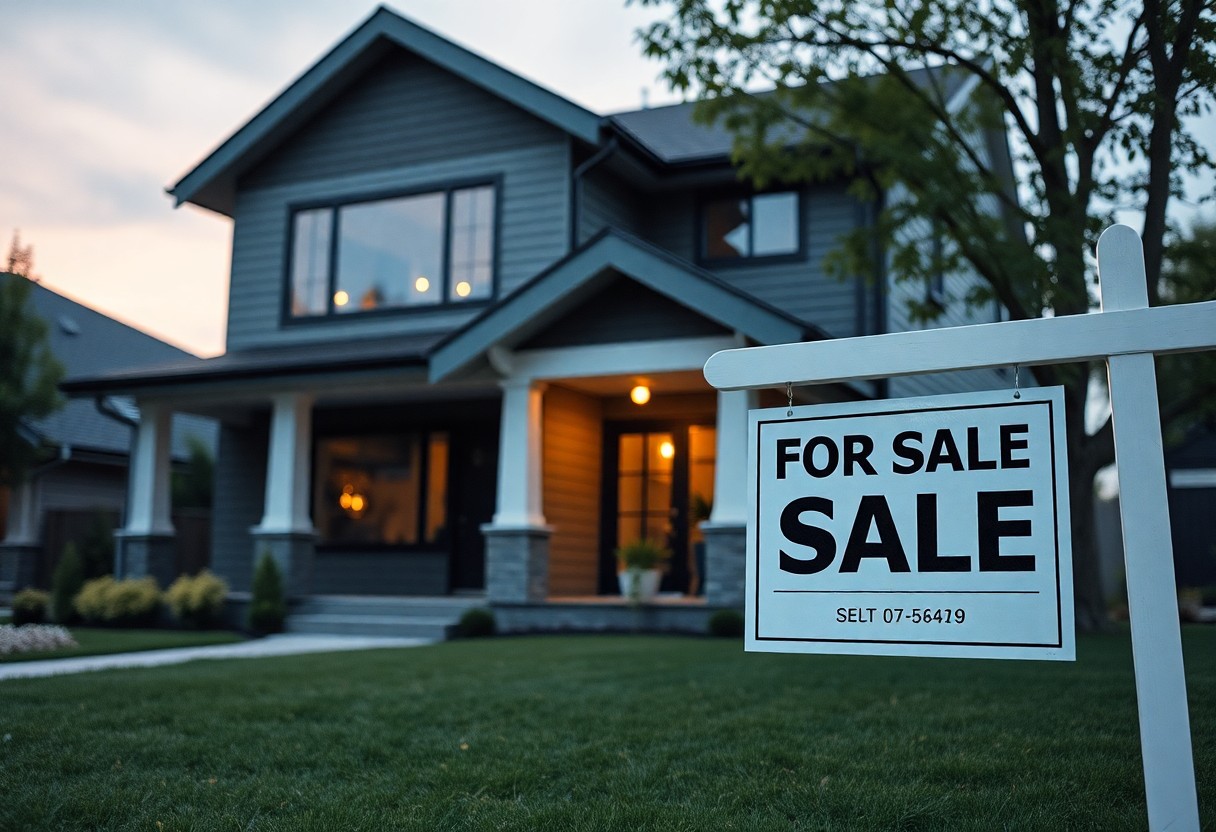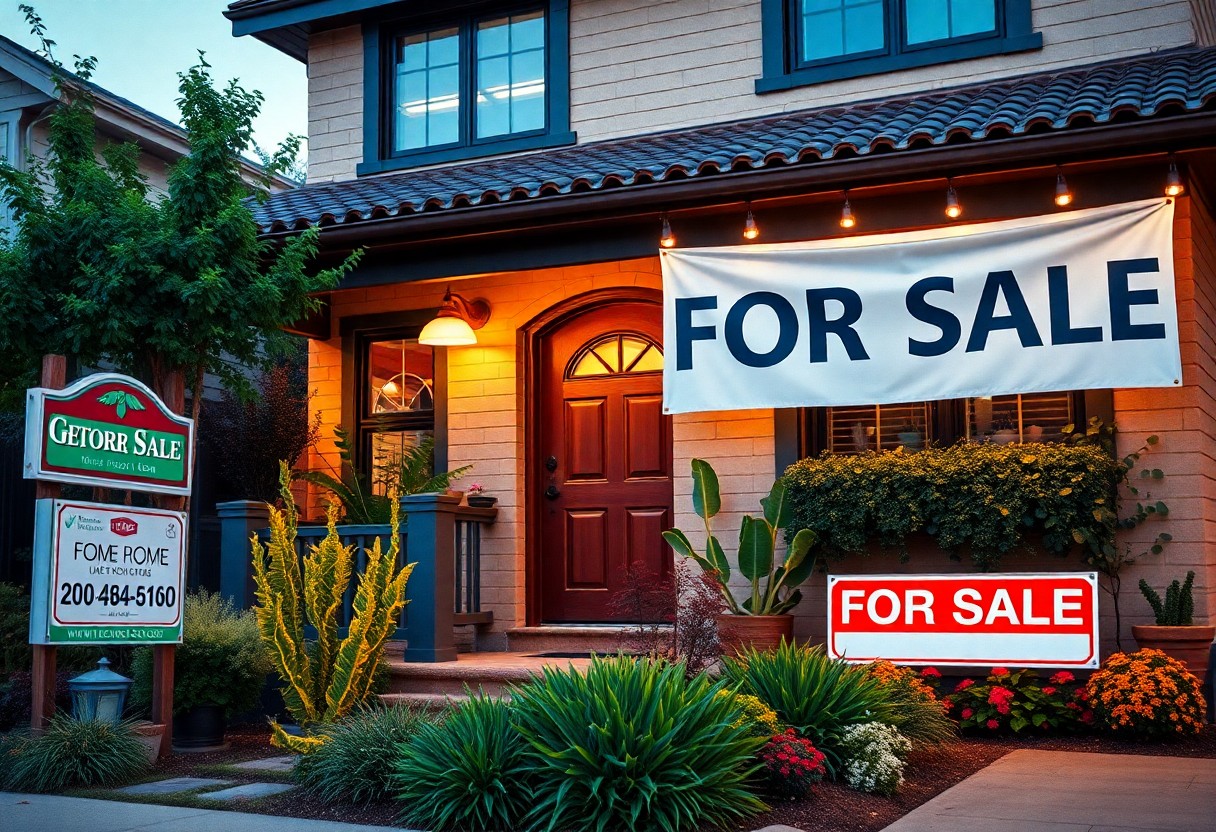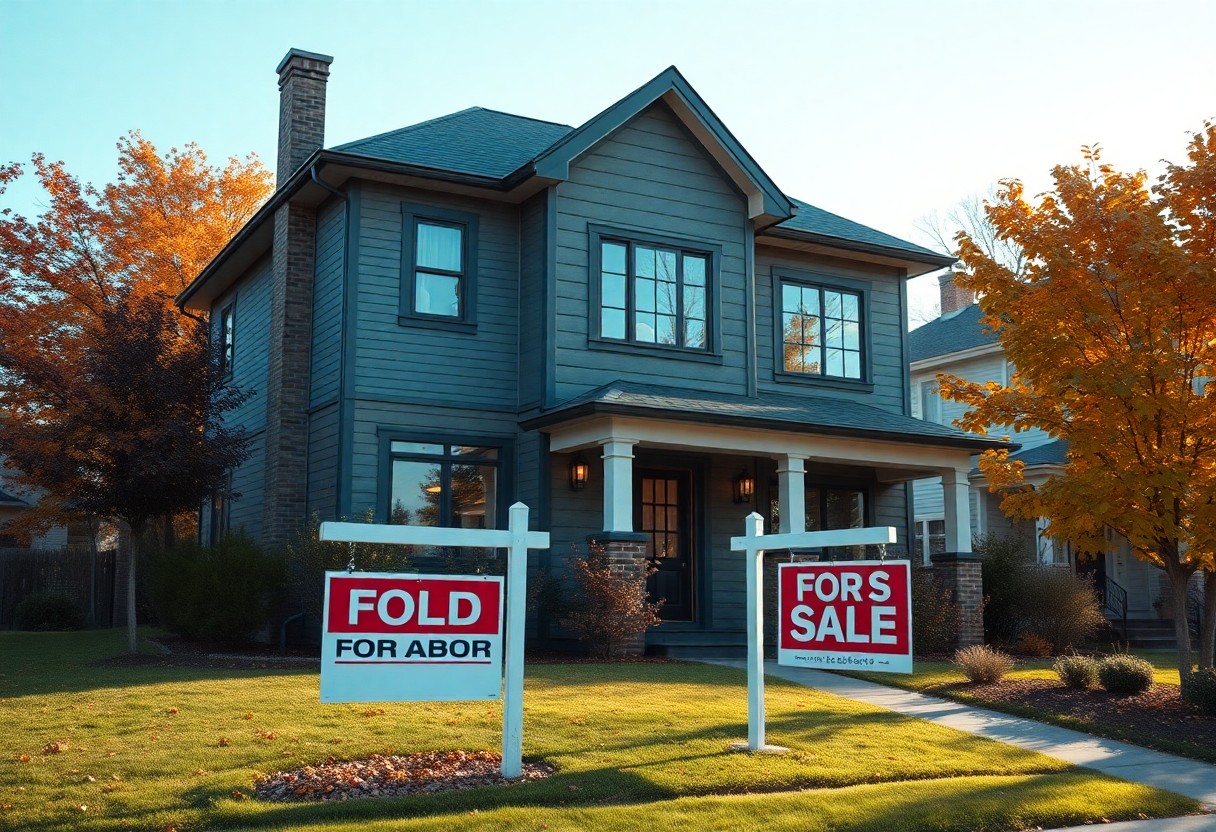There’s a fine line between pricing your home too high and too low. You want to attract potential buyers while also securing the best value for your property. In this guide, you’ll learn the most effective strategies to set a competitive price that draws interest and maximizes your return. From analyzing market trends to considering your home’s unique features, we’ll equip you with the knowledge to confidently navigate the pricing process and avoid the pitfalls that could set you back in your selling journey.
Key Takeaways:
- Conduct a comprehensive market analysis to understand local trends and pricing of comparable properties.
- Consider the condition and unique features of your home, factoring in upgrades and potential repairs.
- Set a competitive price to attract buyers while ensuring it reflects your home’s value.
- Consult with a real estate professional for expertise and insights on pricing strategies.
- Be open to adjusting your pricing strategy based on feedback from showings and market response.
- Evaluate seasonal trends that may impact buyer activity and pricing in your area.
- Utilize online tools and resources to gather additional data and enhance your understanding of the market.
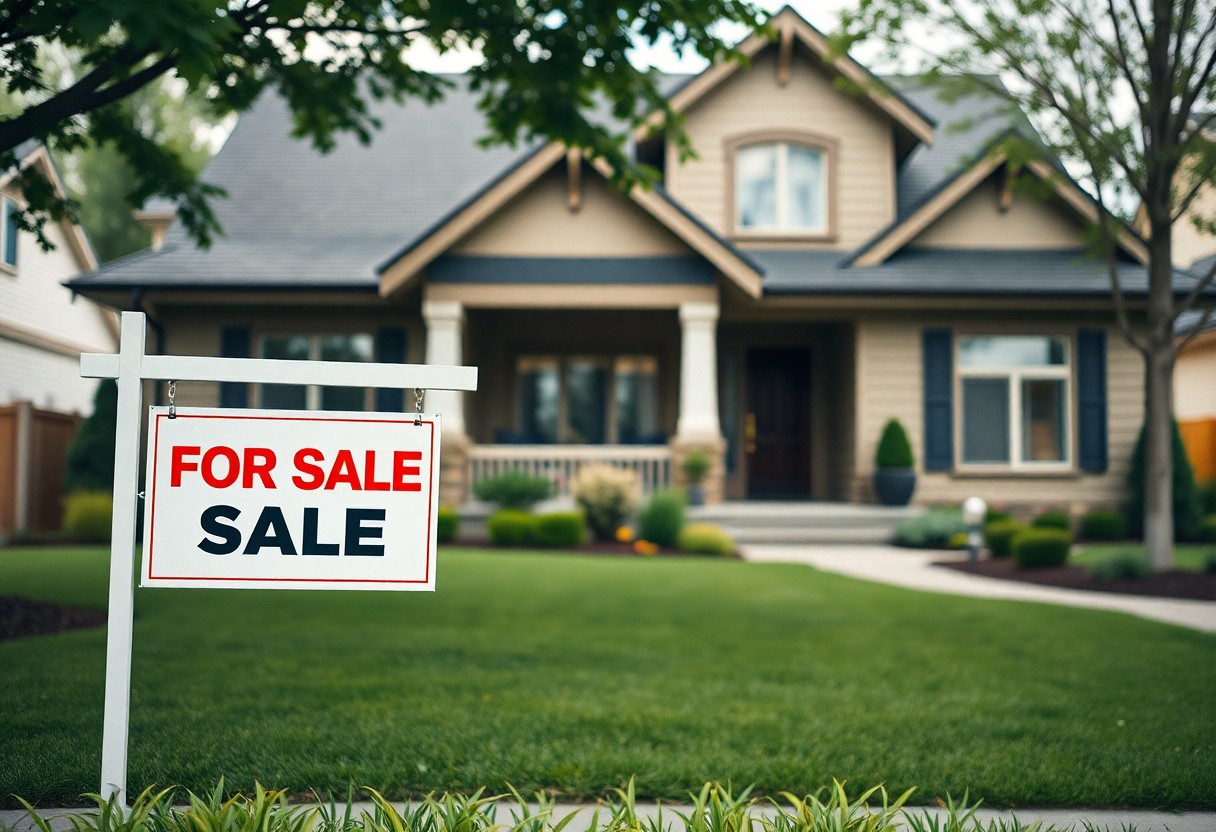
Understanding Market Value
A good understanding of market value is necessary when pricing your home competitively. Market value refers to the price at which your home would sell in the current market conditions, taking into account factors such as location, property condition, and buyer demand. By grasping this concept, you can avoid overpricing or underpricing your property, ensuring a successful sale.
Assessing Current Market Trends
Now is the time to analyze the latest market trends affecting your area. This includes evaluating factors like housing supply, demand, and interest rates. You need to stay informed about fluctuations that could impact your property’s value and learn what adjustments may be necessary to price your home effectively.
Evaluating Comparable Properties
The assessment of comparable properties, or “comps,” is vital for your pricing strategy. These are homes similar to yours in size, location, and features, recently sold or currently on the market. Understanding their pricing will guide you in determining your home’s competitive value.
| Size | Consider square footage when comparing properties. |
| Location | Similar neighborhoods can greatly influence pricing. |
| Features | Look at amenities such as number of bedrooms and bathrooms. |
| Condition | Recent renovations or repairs can affect property value. |
Assessing comparable properties will give you a realistic perspective on what buyers are willing to pay in your area. Focus on properties that have sold in the past 6 months for the best results. You should consider metrics such as the sale price, days on the market, and any unique features that may have attracted buyers. By aligning your pricing strategy closely with these key insights, you increase the chances of securing a successful sale.
1. Research local market trends and recent sales.
2. Assess your home’s unique features and conditions.
3. Compare similar homes in your neighborhood.
4. Consider inviting a real estate agent for insights.
5. Factor in current housing demand and seasonality.
6. Set a price slightly below market value.
Key Factors Affecting Home Pricing
If you want to set an effective price for your home, you must consider several key factors that influence its market value. These include:
- Location
- Home Condition
- Market Trends
- Comparative Sales
Perceiving these factors will help you create a competitive pricing strategy for your home.
Location and Neighborhood Dynamics
The location of your home plays a significant role in its value. Properties in highly sought-after neighborhoods or near amenities like schools and parks tend to command higher prices. Additionally, factors such as local crime rates, accessibility to public transport, and future development plans can greatly affect demand and consequently, pricing.
Home Condition and Upgrades
Clearly, the condition of your home can significantly impact its market price. Properties that are well-maintained or recently upgraded typically fetch higher prices, as buyers often prefer move-in ready homes.
To maximize your home’s value, focus on both imperative and aesthetic upgrades. Simple enhancements such as a fresh coat of paint, updated fixtures, or a well-landscaped yard can create a positive impression. However, significant issues like a leaky roof or outdated plumbing can deter buyers and necessitate costly renovations. By addressing these factors, you can ensure your home stands out in the competitive market.
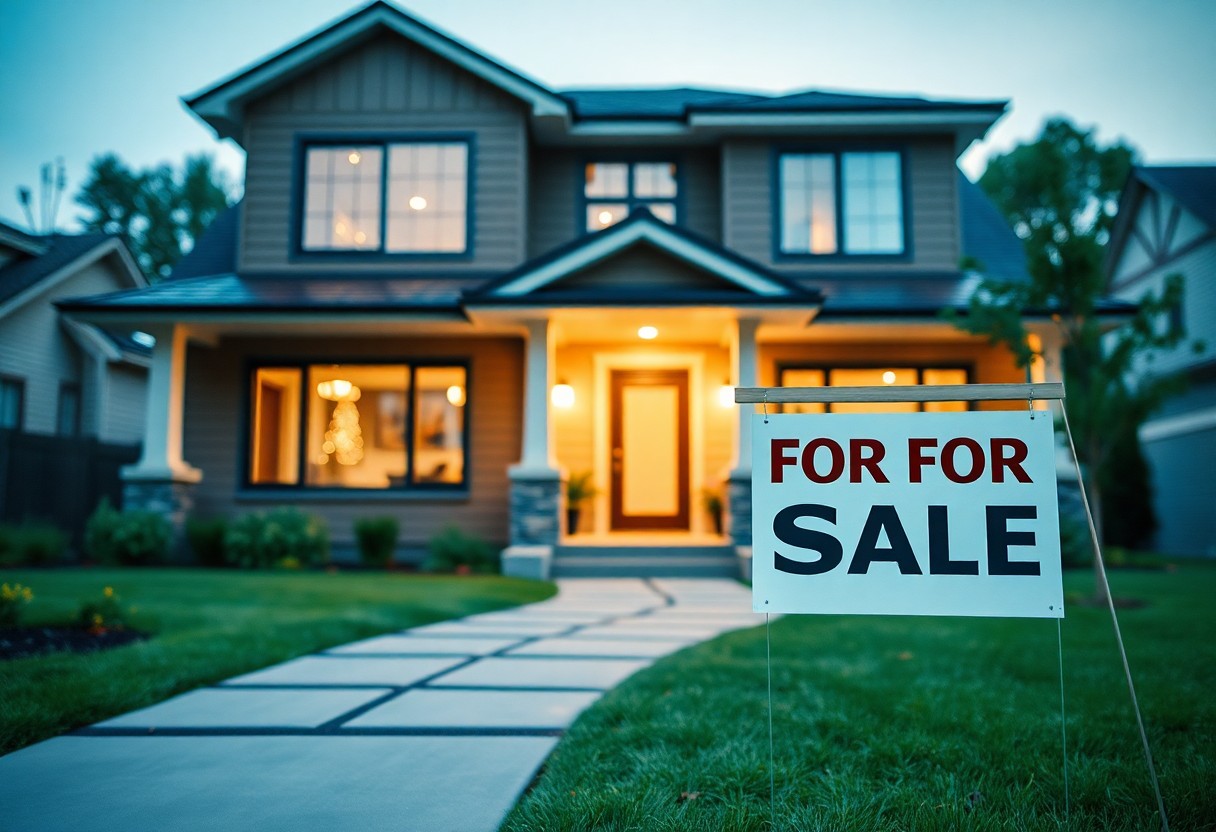
How to Set a Competitive Price
Your pricing strategy is key to attracting buyers and selling your home quickly. To set a competitive price, analyze comparable homes in your neighborhood and consider both their selling prices and time on the market. Additionally, you can explore 6 Go-To House Pricing Strategies Used to Sell Real Estate for tailored insights that align with your property’s unique features.
Pricing Strategies and Techniques
Little adjustments in your pricing strategy can significantly impact the market’s response to your home. Utilize methods like pricing slightly below market value to capture attention, or consider a higher price if your home offers unique advantages. Ultimately, aligning your price with buyer expectations can maximize interest.
The Role of Appraisals
Competitive pricing can be effectively guided by a professional appraisal. An appraisal provides an unbiased evaluation of your home’s worth based on comparable sales, location, and condition. This not only helps you set an informed price but can also instill confidence in potential buyers.
Plus, an accurate appraisal can avoid the dangers of overpricing or underpricing your home. If your home is overpriced, you risk prolonged market exposure and potential price reductions. On the other hand, pricing too low may lead to a loss in profits. Relying on a professional appraisal helps you make educated decisions and contributes positively to your home-selling success.
Tips for Communicating Price Effectively
Keep your communication straightforward and transparent to help potential buyers understand your home’s value. Consider the following tips:
- Highlight the market research supporting your price.
- Be open to negotiations but remain firm on your value.
- Utilize social media to showcase your listing and engage buyers.
Thou must convey your price confidently to attract serious offers.
Crafting a Compelling Listing Description
The listing description serves as your home’s story, captivating buyers with its unique features and benefits. Make sure to emphasize your home’s selling points while appealing to the target audience’s desires. A well-crafted description should invoke feelings of comfort and desire, prompting buyers to imagine their life in your space.
Leveraging Professional Photography
Assuming you want to make a lasting impression, hiring a professional photographer can be a game-changer. High-quality images not only highlight your home’s best features but also create a visual narrative that resonates with potential buyers. The right photography can elevate your listing above others, emphasizing the unique architecture and details that make your home special.
To ensure your home is displayed in the best light, invest in a professional photographer who specializes in real estate. They know how to showcase your property’s strengths while minimizing any flaws. Using advanced techniques, such as drone photography and enhanced lighting, they can create stunning visuals that draw buyers in. An impressive photo gallery can lead to increased interest and faster sales, as buyers are more likely to be captivated by high-resolution images that accurately represent your home’s appeal.
Adjusting Your Price as Needed
Unlike a fixed sale price, adjusting your home’s price can significantly enhance its competitiveness in the market. By staying informed and flexible, you can adapt to changing market conditions and buyer interest. If your home does not receive adequate attention or offers within the first few weeks, it’s imperative to evaluate your pricing strategy. Being proactive in re-evaluating your price can be the key to a successful sale.
Monitoring Market Feedback
The feedback you receive from showings and open houses can provide valuable insights into how potential buyers perceive your home’s value. Listen closely to comments about your property’s condition, features, and comparables to understand the market’s reception. If multiple buyers provide similar feedback regarding price, it may be time to consider adjusting your listing.
Knowing When to Reassess
While it can be tempting to stick with your initial price, staying attuned to market signals is imperative for a successful sale. You may need to reassess your pricing strategy if your home has been on the market for several weeks without activity or offers. Look for signs like buyer feedback, showings dropping off, or homes nearby selling faster. Assess how your property’s value compares to recent sales in your area, and if necessary, be willing to make adjustments to attract buyers and maximize your sale potential.
Reassess your pricing approach by analyzing not just your home’s condition, but also comparing it to recent sales and active listings. If your home has been on the market without substantial interest, consider lowering the price to reflect current market dynamics. Engaging with your real estate agent can provide insights on market trends, and how much other homes in your area are selling for. This information can inform your decision-making and help you remain competitive by ensuring your price aligns with buyer expectations.
Marketing Your Home to Enhance Value
Not all marketing strategies are created equal when it comes to enhancing your home’s value. By adopting a comprehensive marketing plan that showcases your property’s best features, you can attract more potential buyers and ultimately achieve a higher selling price. This involves using various channels, tools, and partnerships to get your home in front of the right audience.
Utilizing Online Platforms
Utilizing online platforms is vital for reaching a wider audience and enhancing your home’s visibility. Websites like Zillow, Realtor.com, and social media channels allow you to showcase high-quality photos, virtual tours, and detailed descriptions that can captivate potential buyers. Investing time in creating a compelling online presence will significantly increase interest in your property.
Engaging with Real Estate Agents
Engaging with experienced real estate agents can elevate your marketing efforts and ensure optimal pricing. These professionals possess market knowledge and strategic insights that can position your home to attract buyers. They can provide invaluable advice on staging and repairs to enhance the appeal of your property, as well as offer effective marketing strategies tailored to your local market. Moreover, their negotiation skills can help you secure a favorable deal, ensuring that you maximize your investment in the sales process.
Summing up
So, pricing your home competitively is imperative for attracting buyers and ensuring a successful sale. By conducting thorough market research, analyzing comparable properties, and considering your home’s unique features, you can determine a price that appeals to potential buyers. Additionally, staying flexible and willing to adjust your price based on feedback can significantly enhance your chances of closing a deal. By following these strategies, you position yourself to navigate the market effectively and achieve the best outcome in your home-selling journey.
FAQ
Q: What factors should I consider when pricing my home competitively?
A: When pricing your home, consider factors such as the current market trends, the condition of your property, the location, comparable home sales in your area, property features, and any upgrades or renovations you’ve made. Assessing these elements can help you set a fair and attractive price for potential buyers.
Q: How can I find comparable home sales in my neighborhood?
A: To find comparable home sales, you can use online real estate platforms or consult with a local real estate agent who has access to the Multiple Listing Service (MLS). Look for homes that are similar in size, age, and features sold within the last few months in your vicinity. This information will give you a realistic idea of what buyers are willing to pay.
Q: Should I consider hiring a real estate agent for pricing advice?
A: Hiring a real estate agent can provide valuable insights. Agents have experience in pricing homes and possess market knowledge that can help you determine a competitive price. They can analyze local market conditions and provide a comparative market analysis (CMA) to assist you in making an informed decision.
Q: How can I assess my home’s condition before pricing?
A: To assess your home’s condition, conduct a thorough walkthrough. Check for wear and tear, and take note of any repairs needed. You might also consider getting a professional home inspection for an unbiased opinion. This assessment will help you understand if your home needs work before listing or if it can command a higher price as is.
Q: What role do renovations and upgrades play in pricing my home?
A: Renovations and upgrades can significantly enhance your home’s appeal and value. Consider factors such as the quality of the updates, the preferences of potential buyers, and how recent the improvements are. While smart renovations can increase your asking price, ensure that the upgrades align with what buyers in your market are looking for.
Q: How does the timing of the market influence my pricing strategy?
A: The real estate market fluctuates based on seasonal trends and economic conditions. Research when the market is most active in your area, as this can affect pricing strategies. Selling during a seller’s market, when demand exceeds supply, allows for more aggressive pricing, while in a buyer’s market, you may need to be more competitive with your price to attract interest.
Q: How often should I reevaluate my home’s price after listing?
A: It’s wise to reevaluate your home’s price every few weeks after listing, especially if you’re not receiving offers. Monitor feedback from potential buyers and look out for changes in the market. If necessary, consult your real estate agent to determine if adjustments are needed to stay competitive.

